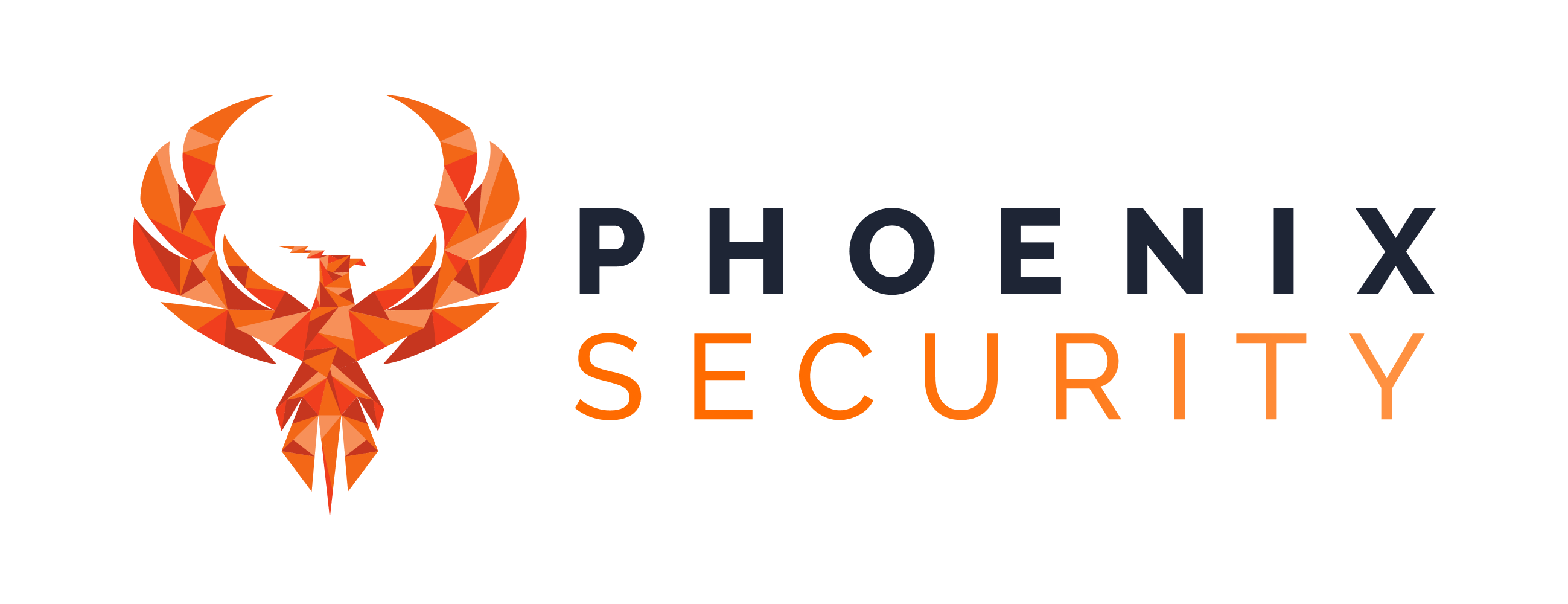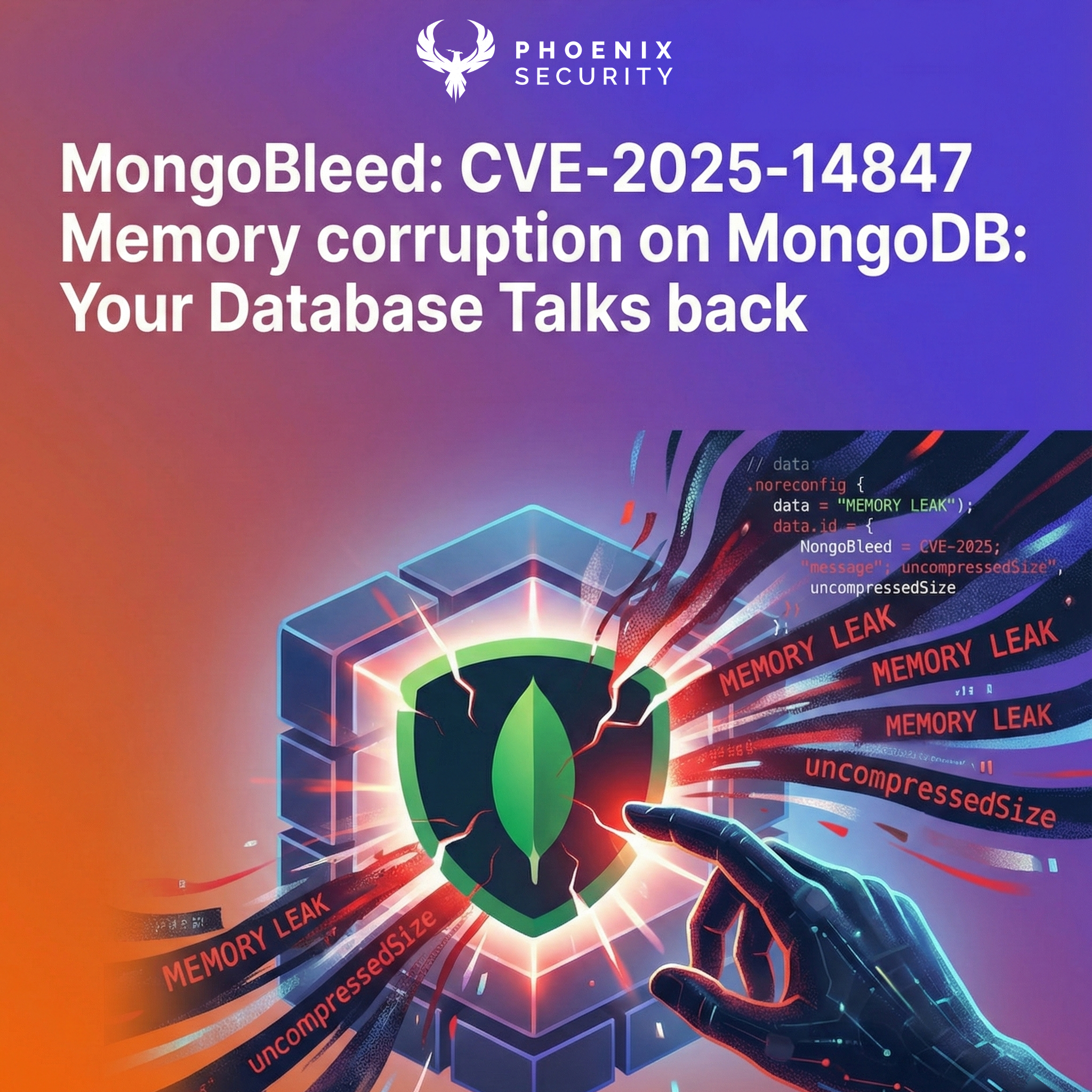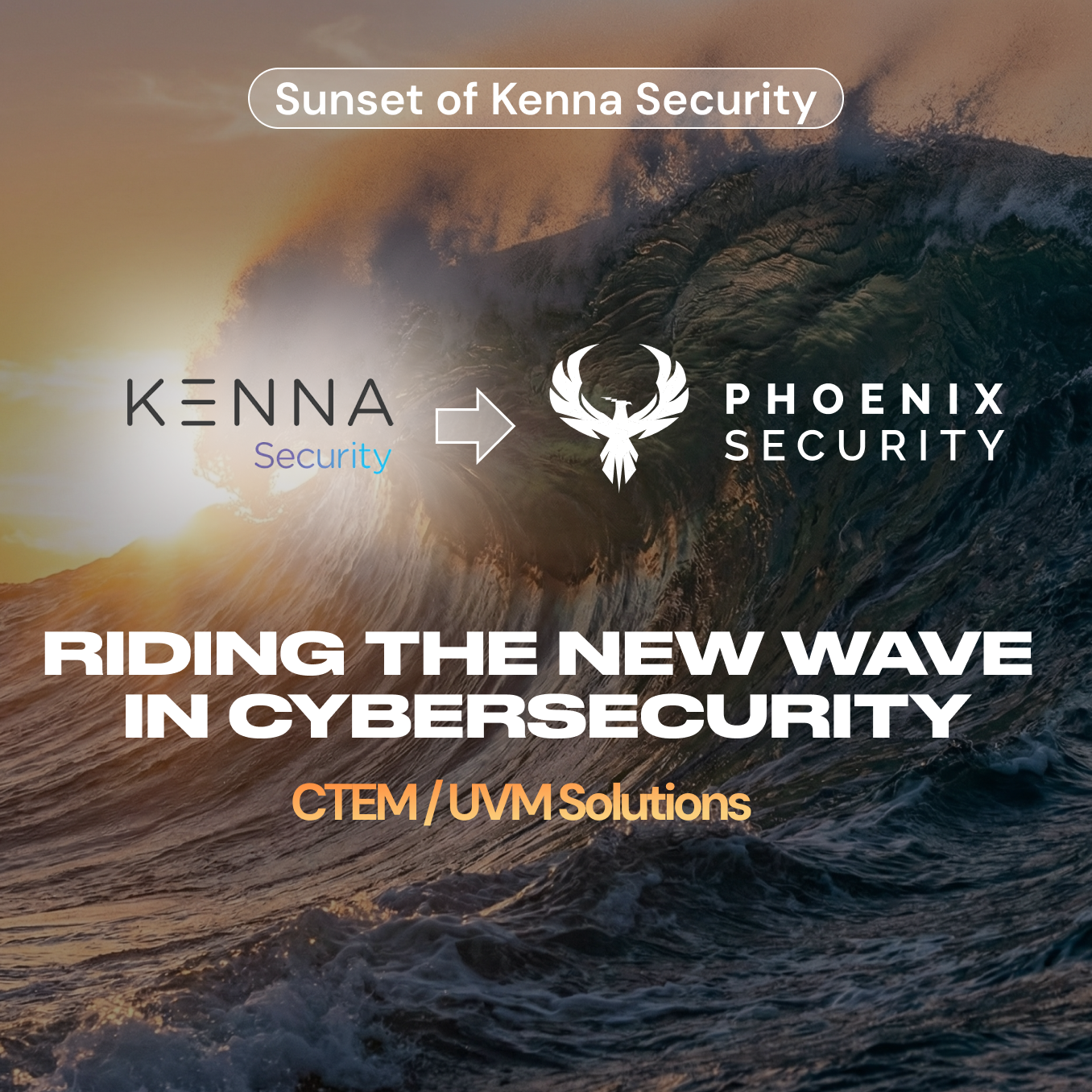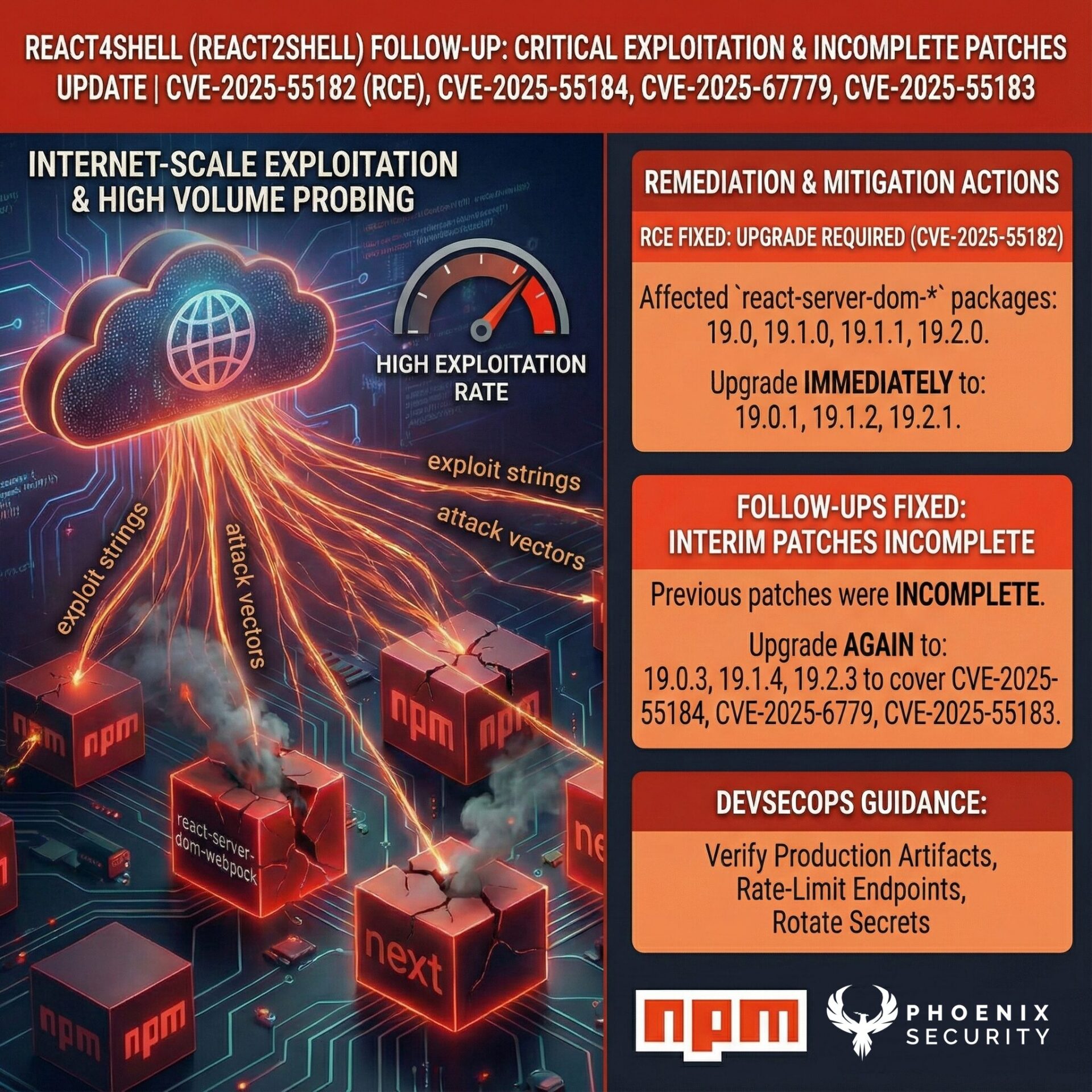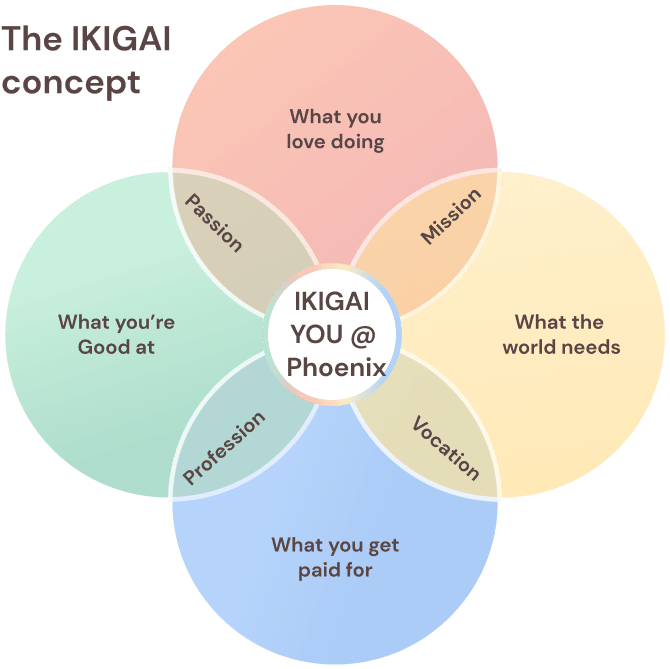As we kick off 2025, we are thrilled to share that Phoenix Security has earned a prestigious accolade from the Gartner Digital Markets brand- GetApp– and recently Gartner peer insight with being voted the best customer success and supporting ASPM and cloud security. This continues the line of success
We have been featured in GetApp’s Features And Functionality report released for Cloud Security category in 2024; this recognition underscores the consistent value we provide to our users.

Gartner Customer Choice customers award Phoenix Security for the best features and functionality for ASPM

“With robust protection, a user-friendly interface, and real-time monitoring, the Phoenix Security Product guarantees the security of your digital assets and aids in maintaining a safe environment.”
[Source:GetApp]
“The Phoenix Security provides effective security Auditing capability and on assessment and project risk management and collection of multiple data insights across websites is amazing. Data security and threat detection through Phoenix Security is impressive and the project data management is smooth.”
[Source: GetApp]
“Clean user interface, easy to use by anyone in my organization. The thing I like about Phoenix is its robust data security and real-time analytics. We were able to avoid a potential attack on our systems recently.”
Contents
ToggleGet in control of your Application Security posture and Vulnerability management
[Source: GetApp]
Want to review Phoenix Security? Click here.
Looking Ahead
While 2024 was a remarkable year, we’re just getting started. As we step into 2025, our commitment to evolving and enhancing Phoenix Security remains stronger than ever. We’re excited about the opportunities ahead and look forward to continuing this journey of growth alongside our users.
We started Phoenix Security because we were dissatisfied with how the vendor treated us, the overall buy and left the product on the shelves. When we started Phoenix Security, we wanted to wage war on burnout and customer frustration. We feel very proud to be able to work with thought leader and companies like Last Pass, Clear Bank, Bazaar Voice, Integral Ad Science, and many more enterprises trusting us with their security, helping them prioritize contextualize, and bringing the most important vulnerability in front of the right team.
Francesco Cipollone, CEO & Co-Founder Phoenix Security
About us
Phoenix Security is an Actionable ASPM that provides correlation 4 Dimensional quantitative contextualization that delivers a precise list of actions to team operating from code to cloud
For CISOs that are willing to focus on actions, not just reporting on problem
For Prodsec, appsec, and security teams that want to automate triage and focus on being surgical instead of blunt on remediation
The Phoenix Security Actionable Platform offers them a unified, contextualized, and end-to-end ACTIONABLE ASPM focused on remediation, delivering the most important fix to the right team in the right context, reducing burnout and alert fatigue.
Phoenix security acts on risks that need fixing first.
About Gartner Digital Markets:
Gartner Digital Markets is the world’s largest platform for finding software and services. More than 100 million people visit Capterra, GetApp, Software Advice, and UpCity across over 70 localized sites every year to read objective research and verified customer reviews that help them confidently choose the right software and services. Thousands of B2B companies work with Gartner Digital Markets to build their brand, capture buyer demand, and grow their business.
Disclaimer:
The Gartner Digital Markets badges from Capterra, GetApp, and Software Advice are trademarks and service marks of Gartner, Inc. and/or its affiliates are used herein with permission. All rights reserved. Gartner Digital Markets badges constitute the subjective opinions of individual end-user reviews, ratings, and data applied against a documented methodology; they neither represent the views of, nor constitute an endorsement by, Gartner, Inc. or its affiliates.
Get on top of your code and container vulnerabilities with Phoenix Security Actionable ASPM

Organizations often face an overwhelming volume of security alerts, including false positives and duplicate vulnerabilities, which can distract from real threats. Traditional tools may overwhelm engineers with lengthy, misaligned lists that fail to reflect business objectives or the risk tolerance of product owners.
Phoenix Security offers a transformative solution through its Actionable Application Security Posture Management (ASPM), powered by AI-based Contextual Quantitative analysis. This innovative approach correlates runtime data with code analysis to deliver a single, prioritized list of vulnerabilities. This list is tailored to the specific needs of engineering teams and aligns with executive goals, reducing noise and focusing efforts on the most critical issues. Why do people talk about Phoenix

• Automated Triage: Phoenix streamlines the triage process using a customizable 4D risk formula, ensuring critical vulnerabilities are addressed promptly by the right teams.
• Contextual Deduplication: Utilizing canary token-based traceability, Phoenix accurately deduplicates and tracks vulnerabilities within application code and deployment environments, allowing teams to concentrate on genuine threats.
• Actionable Threat Intelligence: Phoenix provides real-time insights into vulnerabilities’ exploitability, combining runtime threat intelligence with application security data for precise risk mitigation.

By leveraging Phoenix Security, you not only unravel the potential threats but also take a significant stride in vulnerability management, ensuring your application security remains up to date and focuses on the key vulnerabilities.
